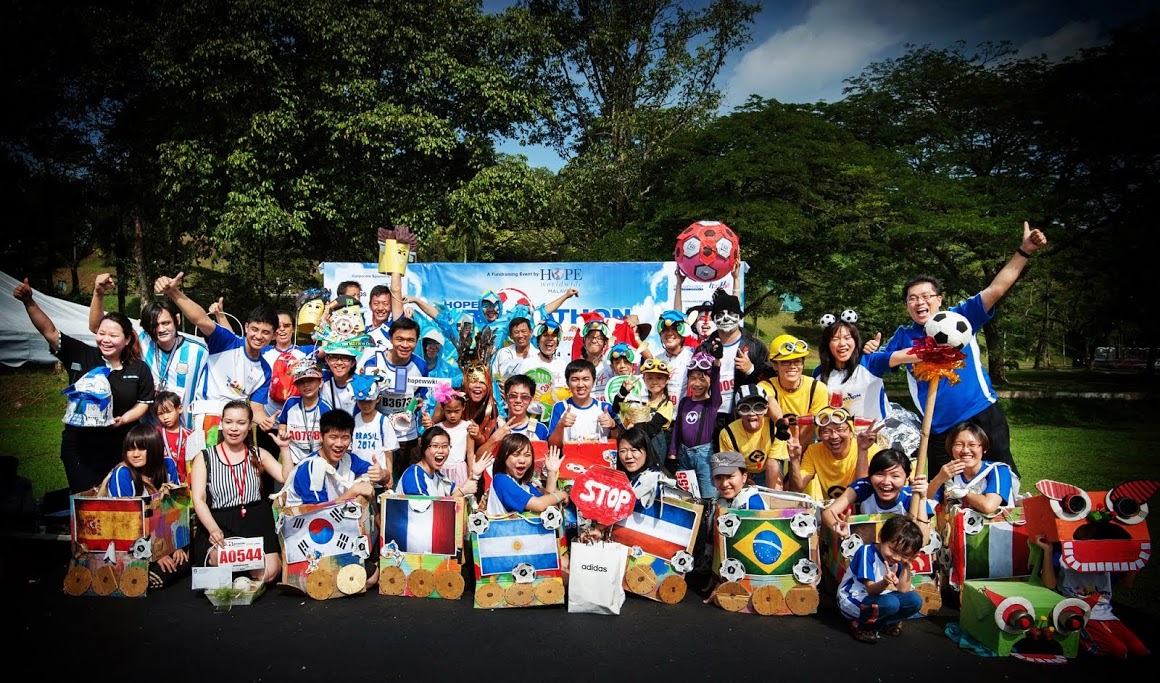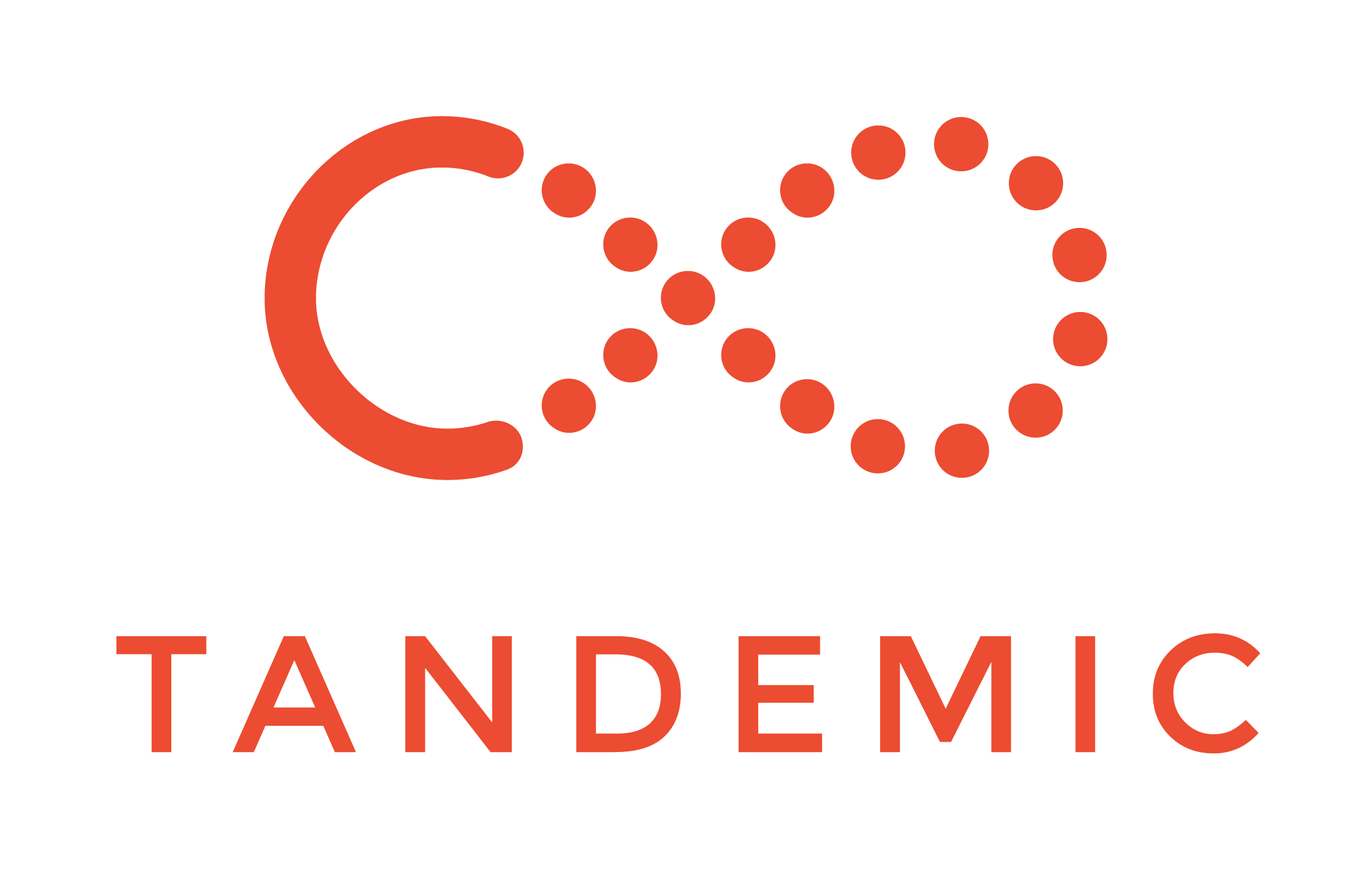
What does Tandemic do, and how has it been an advocate of social responsibility?
We help companies build innovative and more impactful ways of addressing social challenges. For example, we’re working with a pharmaceutical company to rethink diabetes prevention. We’re moving away from just telling people which foods and activities are good or bad towards actually helping people form lasting habits. We worked with a major international bank to rethink how they do financial literacy education to shift it from PowerPoint presentations towards behaviour change. The things involved can range from building apps to building garbage collection sites at waterfalls.
What attitude should companies have about CSR to maximise benefits on both ends?
Three things come to mind when it comes to doing good CSR.mFirst, invest for the long term. Companies have a huge potential to create impact but one or two-day events are not where the biggest impacts is. The biggest impact happens when a company adopts an organisation for 2-3 years, getting to know them and their challenges well, and implementing a whole set of different projects to help them grow. Companies may think that they are spreading their impact by supporting an NGO one year and another the next, but the reality is they are just reducing their potential impact. Someone else supported that NGO last year and someone else going to have to support it next year.
Second, it’s crucial to listen for the most pressing needs of the organisation. Does this organisation really need their walls painted again? Or are they continuously running out or milk powder? Sometimes we solve the wrong problems because we didn’t take the time to listen closely and ask the right questions.
Third, the organisations that will benefit the most from contributions are often the ones that are least capable of accepting them. It’s the small organisations that aren’t well-known and aren’t set up to work with companies that often have the greatest need. This means that CSR practitioners need to dedicate time and patience to finding and working with these organisations to really make a difference.
Hati (www.hati.my) is a very useful resource we help run so people can find these organisations. It’s the largest open database of NGOs in Malaysia.
In what ways does CSR typically benefit companies?
We need to move beyond building a good brand image as a motivation for CSR. At best, it delivers incomplete results. At worst, it puts the needs of the company ahead of the needs of the poor or underprivileged. Instead, we try to look at real business benefits from doing CSR. For example, a volunteering opportunity can serve as team building. A technology company’s prototyping workshops inspires underprivileged teens to get into electronics — and they become potential employees.
These CSR initiatives cannot be thinly-veiled approaches to selling products. Instead, they need to be grounded in the belief that if we help people broadly, some of it will come back to us.
How can SMEs carry out CSR, and why should they?
Absolutely! As SMEs, it’s hard for us to afford team building retreats. Instead, look at doing joint volunteering outings with an organisation on a regular basis. It can really help bring the team together. I want to put emphasis on doing this regularly because it takes more than one-off team building events to build a great culture. It’s also essential because when NGOs train volunteers or set up events, it’s an investment on their part. That investment usually only breaks even if volunteers come back to contribute several times, regularly.

